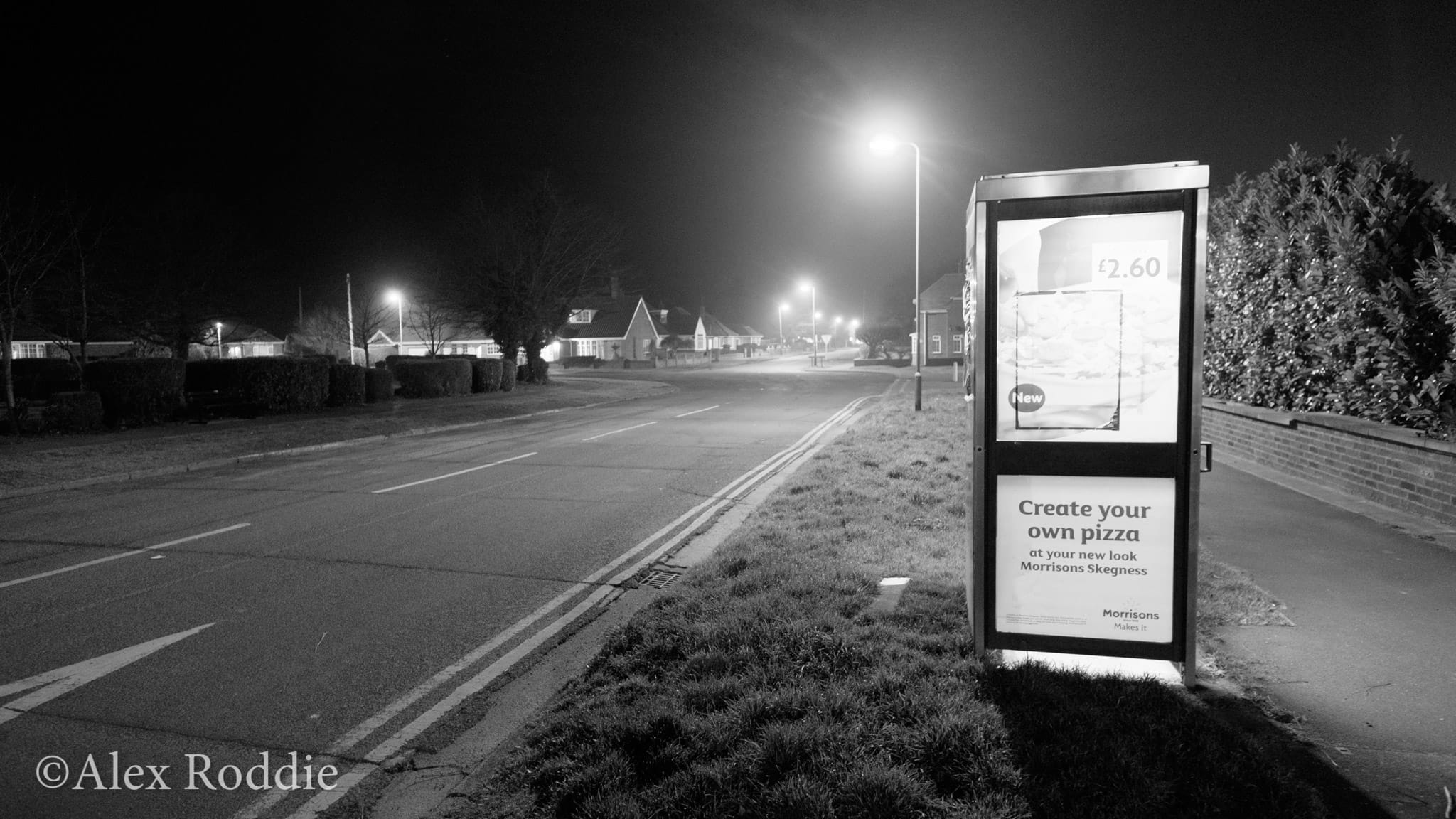Taming Facebook

If you’ve noticed that we’re no longer friends on Facebook, and feel upset about it, don’t worry – it isn’t you, it’s me.
I joined Facebook in 2006 as one of the first few thousand users in the UK. In those days, Facebook was exclusive to universities, and you had to supply an academic email address to be allowed to join.
Facebook 2006 was great. It was an online ‘friends directory’ where you could send people messages, organise events, and post public photos. That was about all it did. It was a streamlined, efficient tool for communicating with people.
The rot set in pretty quickly. In late 2006 came the News Feed, which I disliked from the start – and it has only got worse over time1. Then you could tag people in stuff. Then the Wall was replaced by the Timeline. Then the Like button. Then came apps, games, and a plethora of trivia that eroded the core Facebook experience and were clearly designed to keep users within Facebook at all costs.
For years I adhered to a strict rule: I only accepted friend requests from people I knew offline (in ‘meatspace’, to use the cyberpunk term). But a few years ago I started to relax that rule, and somehow I ended up with over 370 ‘friends’. That’s nothing compared to some people, but it was more than enough for me – far more than enough.
There’s no way that anyone can actually have 370 real friends. Of course, the vast majority of these were shallow connections. And that meant that my algorithmically curated News Feed was awash with rubbish I cared little about. Looking through that list of ‘friends’, most of them were people I’d briefly known years ago, or people whose names I vaguely recognised from online interaction elsewhere (therefore accepted their friend requests because I didn’t want to offend by refusing it). And in the case of quite a few names, I had absolutely no idea who they were at all.
Clearly, this is madness – yet it’s how most of us live now. Most of us have long since given up keeping Facebook for actual friends and family.
Facebook has become a black hole. It feeds on shallow interactions, spitting out little dopamine hits in the form of notifications and likes. It is deliberately engineered to manipulate the way our brains work.
Don’t get me wrong – Facebook is a valuable utility, if used wisely. But the problem is that most of us just go with the flow, using Facebook in the way it wants to be used, which is to gobble up more and more of your time and attention.
I decided to take a few steps to correct that.
Getting Facebook back under control
Out of my 377 ‘friends’, I removed all but 84.
These 84 remaining connections include actual friends and family, a few old friends I want to keep in touch with, and a handful of colleagues and clients.
For everyone else, Twitter does the job perfectly well (and I’ve now tamed Twitter through carefully curated lists, too). I have made many valuable connections online, often with people I’ve never met in meatspace, but – for me at least – Facebook is the wrong place for these kinds of interactions. I believe that Twitter, for all its many faults, is an inherently better environment for making new contacts and talking to people outside your immediate circle of friends, family and colleagues.
So if I have unfriended you, don’t be offended – it’s no reflection on you personally, and you almost certainly haven’t done anything to offend me!
Secondly, I have crippled the News Feed by unfollowing virtually everyone and everything. This means that, just like eleven years ago, if I want to see what a person is up to on Facebook I have to click on their profile. No more passive browsing – the goal is to be more intentional with my Facebook use.
This strategy won’t be appropriate for everyone, of course. If you can use Facebook with hundreds of friends and still find the News Feed useful, more power to you. But I’d gradually come to see it as a toxic wasteland of nonsense, advertising and clickbait. For me, the way forward is to rein in the power of social media and start forcing it to serve me rather than the other way round.
Alexroddie.com relies on support from readers like you. Please consider making a small donation on PayPal. Thank you!

- In early 2017 it isn’t too much of a stretch to say that the News Feed is causing global problems. Fake news, confirmation bias, endemic advertising and the insane politics of the present day can all be partially attributed to the News Feed. ↩
Alex Roddie Newsletter
Join the newsletter to receive the latest updates in your inbox.




